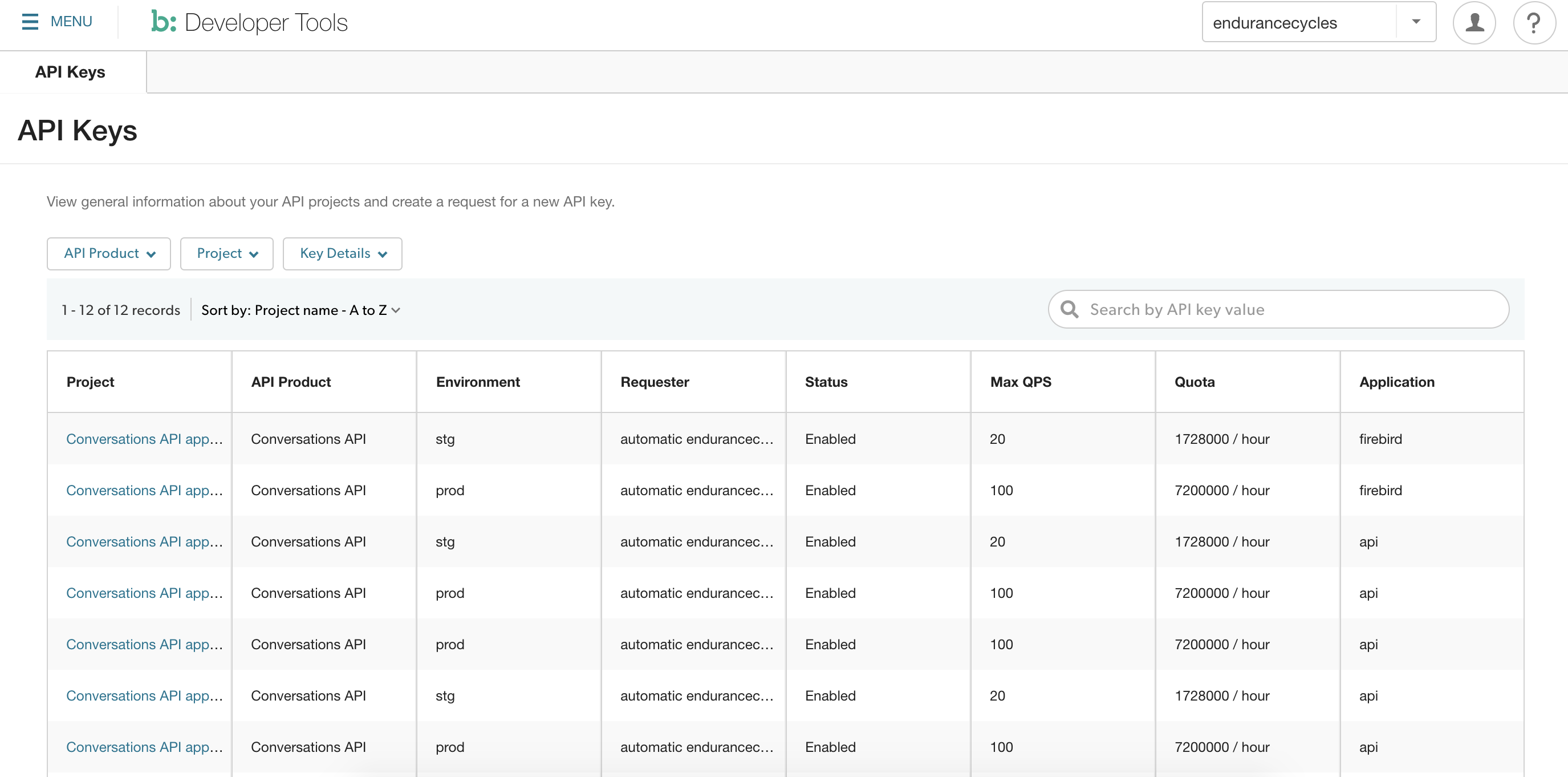Alternatives to Gleap
1. Bazaarvoice Customer Content Platform
+Pros
- Unmatched scale and network effects through the platform's 13,000+ brand and retailer network reaching 2.3 billion monthly shoppers .
- AI sophistication through the HarmonyAI engine built on 10+ billion shopper-generated content points .
- Proven enterprise capabilities validated through successful implementations like The Body Shop's 13% increase in average order value and 28% conversion rate improvement .
- Technical advantages include JavaScript-free embedding that ensures AI crawlers can access review content without rendering limitations .
-Cons
- Implementation complexity requires substantial resources, with enterprise deployments typically requiring 6-8 months with 15+ full-time employees and budgets exceeding $500,000 .
- Customer satisfaction variability as evidenced by the contrast between The Body Shop's positive experience and Sun Home Saunas' reported 'worst SaaS experience' .
- Pricing transparency limitations create budget uncertainty compared to competitors like Yotpo offering clear pricing tiers .
One highlighted feature and why it's amazing
Centers on the HarmonyAI engine, built from over 10 billion shopper-generated content points to deliver sophisticated automation capabilities .

Another highlighted feature of why it’s amazing
Handles enterprise-scale review processing, collecting 11 million monthly reviews and distributing 325+ million reviews monthly through the platform's retail network .
2. Gorgias Customer Service Platform
+Pros
- Ecommerce-specialized functionality
- Proven AI capabilities
- Shopify integration excellence
-Cons
- Implementation complexity
- Organizational challenges
- Commercial complexity
One highlighted feature and why it's amazing
Enables agents to handle order modifications, refunds, and customer data directly within support tickets without app-switching.

Another highlighted feature of why it’s amazing
Processes multilingual inquiries across email, chat, and social media while maintaining brand voice consistency.
3. Refiner
+Pros
- Behavioral feedback collection integration with analytics platforms like Segment and Amplitude.
- Unlimited survey responses model provides operational predictability.
- Real-time sentiment analysis via Lyra AI enables immediate response to customer feedback patterns.
-Cons
- Multilingual support lacks bulk editing capabilities, increasing error risk during updates and requiring manual oversight.
- Data silos from incompatible user ID systems.
- GDPR compliance gaps during EU customer data imports.
One highlighted feature and why it's amazing
Behavioral feedback collection through automated triggers based on user behavior patterns, cart abandonment scenarios, and purchase completion events.

Another highlighted feature of why it’s amazing
Automated sentiment analysis and theme extraction capabilities process survey responses in real-time, enabling immediate insights into customer satisfaction drivers.
Other Alternatives
Rep AI Ecommerce Assistant
Survicate
Yotpo eCommerce Marketing Platform
Yuma AI Support Platform
Zonka Feedback AI Survey Builder
How We Researched This Guide
About This Guide: This comprehensive analysis is based on extensive competitive intelligence and real-world implementation data from leading AI vendors. StayModern updates this guide quarterly to reflect market developments and vendor performance changes.
209+ verified sources per analysis including official documentation, customer reviews, analyst reports, and industry publications.
- • Vendor documentation & whitepapers
- • Customer testimonials & case studies
- • Third-party analyst assessments
- • Industry benchmarking reports
Standardized assessment framework across 8 key dimensions for objective comparison.
- • Technology capabilities & architecture
- • Market position & customer evidence
- • Implementation experience & support
- • Pricing value & competitive position
Research is refreshed every 90 days to capture market changes and new vendor capabilities.
- • New product releases & features
- • Market positioning changes
- • Customer feedback integration
- • Competitive landscape shifts
Every claim is source-linked with direct citations to original materials for verification.
- • Clickable citation links
- • Original source attribution
- • Date stamps for currency
- • Quality score validation
Analysis follows systematic research protocols with consistent evaluation frameworks.
- • Standardized assessment criteria
- • Multi-source verification process
- • Consistent evaluation methodology
- • Quality assurance protocols
Buyer-focused analysis with transparent methodology and factual accuracy commitment.
- • Objective comparative analysis
- • Transparent research methodology
- • Factual accuracy commitment
- • Continuous quality improvement
Quality Commitment: If you find any inaccuracies in our analysis on this page, please contact us at research@staymodern.ai. We're committed to maintaining the highest standards of research integrity and will investigate and correct any issues promptly.